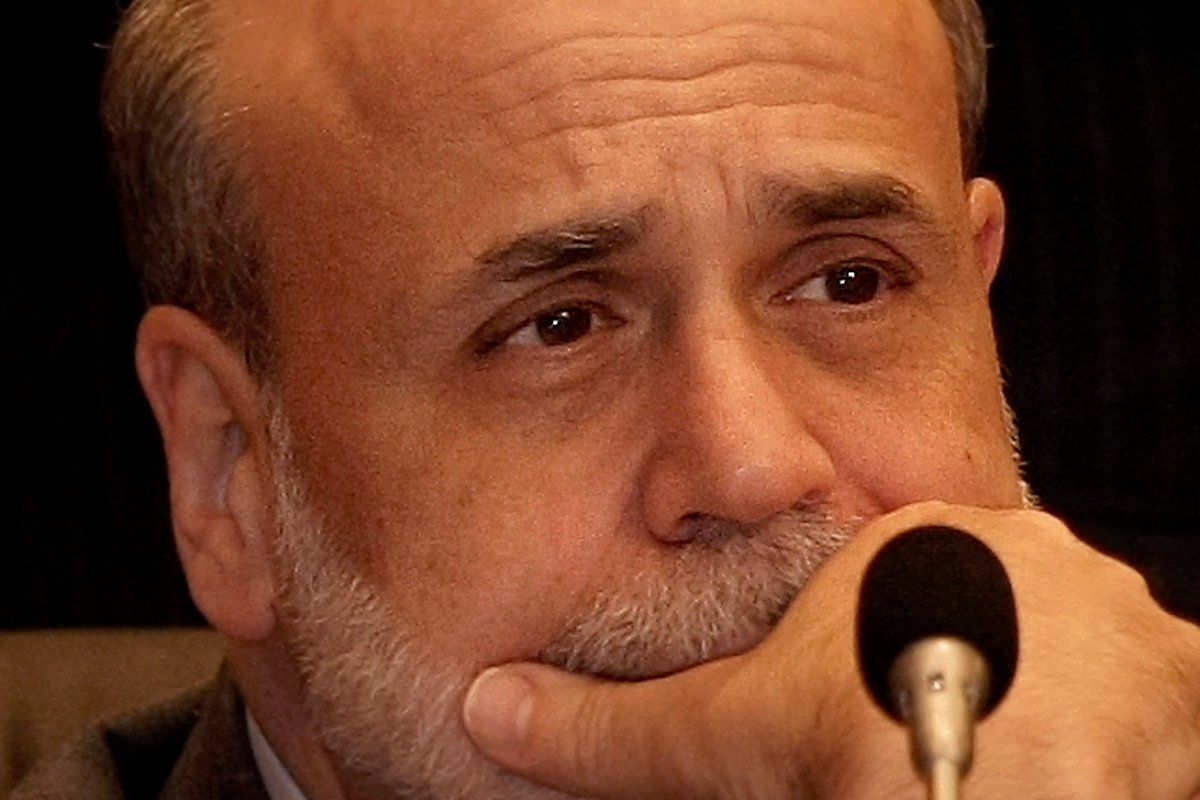
No one doubts there will be lots of sparring over the value of China's yuan at this week's G20 conference, where a score of prominent and developing countries are meeting in Seoul. The gathering of the world's leaders is supposed to find a fix to the trade imbalance between countries that make things (think China and South Korea) and those that mainly buy goods, like America. The U.S. says the key to creating a more level playing field is for China, the world's second-largest exporter, to stop manipulating the value of its currency. Some members of Congress, like New York's Sen. Charles Schumer, are even talking about hitting China with tariffs if it doesn't let the yuan rise.
Even President Barack Obama unleashed a thinly disguised dig at China. "We can't continue to sustain a situation in which some countries are maintaining massive surpluses, others massive deficits, and there never is the kind of adjustments with respect to currency that would lead to a more balanced growth pattern," he said to reporters in India.
There is something to this line of thinking. China does keep the value of the yuan artificially low so that its goods will be cheaper for Americans and Europeans. And the policy also makes American goods more expensive for the Chinese. U.S. policymakers say this is one reason that the Chinese don't buy more American products. And with the Republicans seizing the House and the economy still in the dumps, Obama is under more pressure than ever to push China on its currency manipulation. But the president may find himself in no position to hurl stones.
Some leaders, including Germany's finance minister and the president-elect of Brazil, are now saying that America is also playing games with money. This past Wednesday, the Federal Reserve said it would print $600 billion to buy Treasury bonds from banks over the next eight months to help stimulate the economy. That's on top of the $1.7 trillion in new dollars already created since the start of the recession. Federal Reserve chairman Ben Bernanke says the move is intended to help get banks lending and ignite growth, but much of the world sees it as a transparent attempt to drive down the value of the greenback and help American exports.
Sort of like what China does, say some world leaders. "It's inconsistent for the Americans to accuse the Chinese of manipulating exchange rates and then to artificially depress the dollar exchange rate by printing money," German Finance Minister Wolfgang Schäuble, told the magazine Der Speigel. The Russians, Brazilians, and, of course, the Chinese have also called the U.S. out on what they say is hypocritical behavior. "What the U.S. is doing reads to a lot of countries as engineering a weak dollar," says Uri Dadush, a former director of international trade at the World Bank.
Why would America want a weak dollar? Basically for the same reason China wants a weak yuan, says Dadush. A cheaper dollar means other countries can buy American products for less. And Obama has said he wants to double American exports in five years. "A weaker dollar may help beef up American exports, and emerging-market countries believe that is the [reason for the Fed move]," says Dadush.
Even just the rumors that the Fed would restart the money presses sent the dollar tumbling 15 percent against the euro in the past five months. Money managers and economists say that number could continue to increase as dollars begin to flood international markets.
But many economists say it's unfair to compare the effect of the Fed's actions with intentional currency manipulation. "The comparison is outrageous," Joseph Gagnon, a former associate director of monetary affairs at the Fed, told NEWSWEEK. "The U.S. is trying to stimulate its economy, and the devaluation is an unintended side effect. China and Brazil are deliberately debasing their currency. They are waging a currency war."
Bernanke has said that the purpose of the cash injection was to boost lending by banks and give the stock market an extra bump, which may help get Americans spending again. The Fed has no official policy of pushing down the value of the dollar, which, unlike the yuan, is traded on open markets around the world.
Whether it is intentional or not, developing countries worry that lowering the dollar will make Americans less willing to buy their imports. Nations such as China and Brazil also fear that a massive spillover of dollars into their own banks could cause housing bubbles similar to the one that started the last recession, says Eswar Prasad, a trade economist at Cornell University. With financiers searching for a place to invest the new glut of dollars, real estate in emerging markets could be a target. Leaders of these markets dread the effect an American boom-bust cycle could have on their still-fragile economies. "The Fed policy may or may not help the U.S., but it has large risks for the rest of the world," says Prasad.
Regardless of whether the comparisons are valid, Obama may do well to take the fears of other countries to heart before pushing too hard on the currency issue. "We need to cool it down. Right now you have politicians almost calling for a trade war," says Jagdish Bhagwati, senior fellow at the Council on Foreign Relations. "There is lots of room for cooperation, but atmospherics do matter, and we need to take a more tolerant tone."
Uncommon Knowledge
Newsweek is committed to challenging conventional wisdom and finding connections in the search for common ground.
Newsweek is committed to challenging conventional wisdom and finding connections in the search for common ground.
About the writer
To read how Newsweek uses AI as a newsroom tool, Click here.








